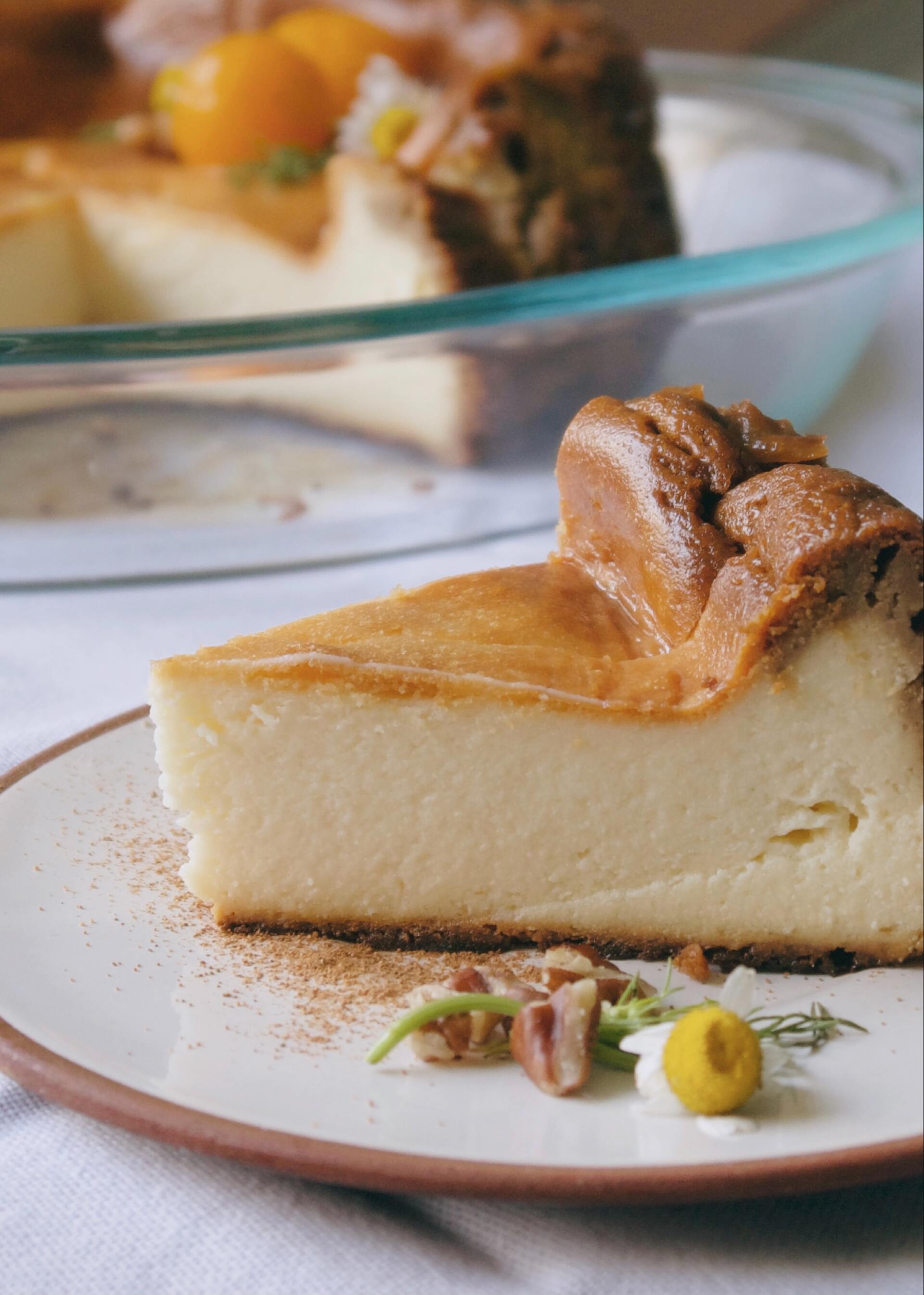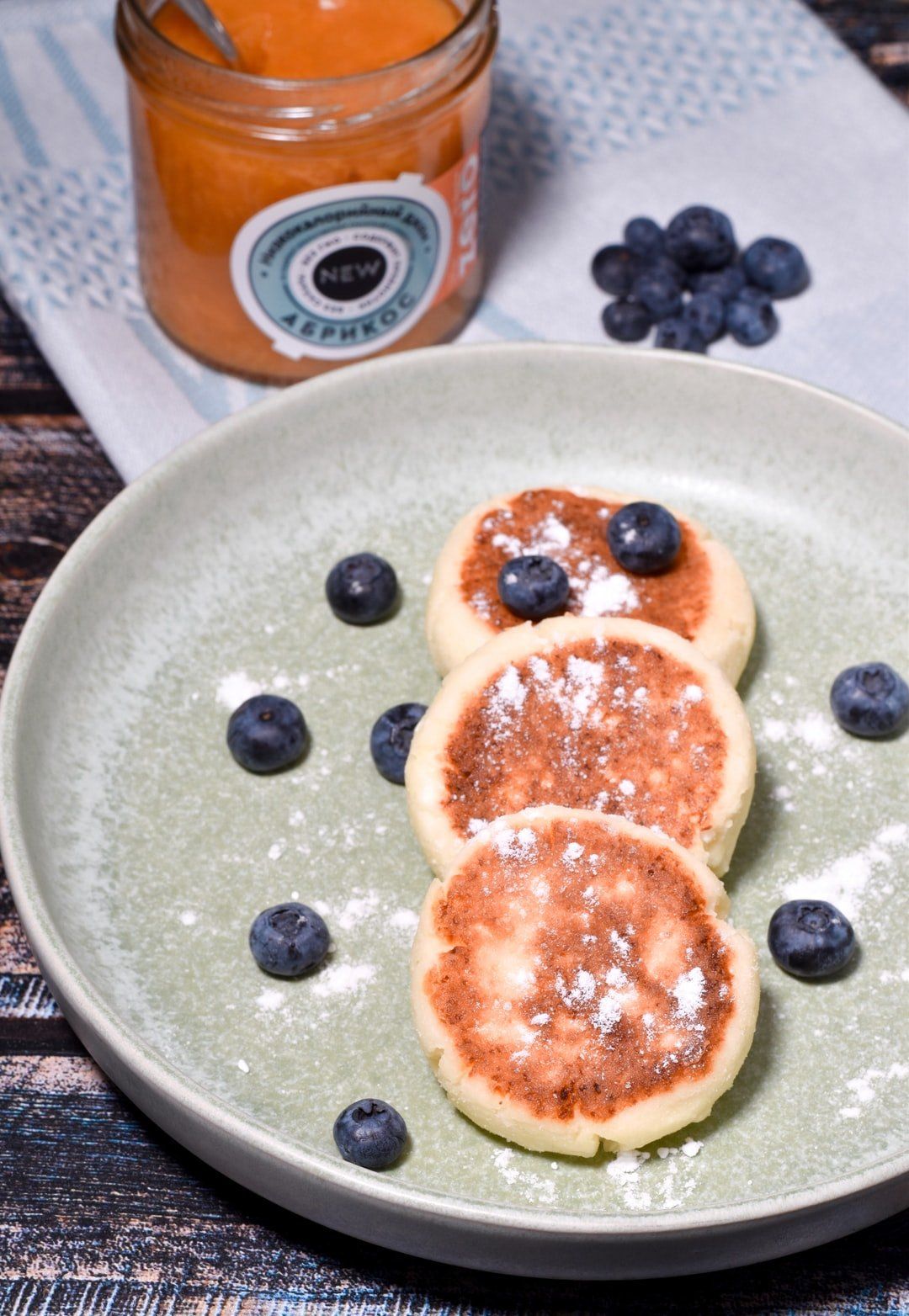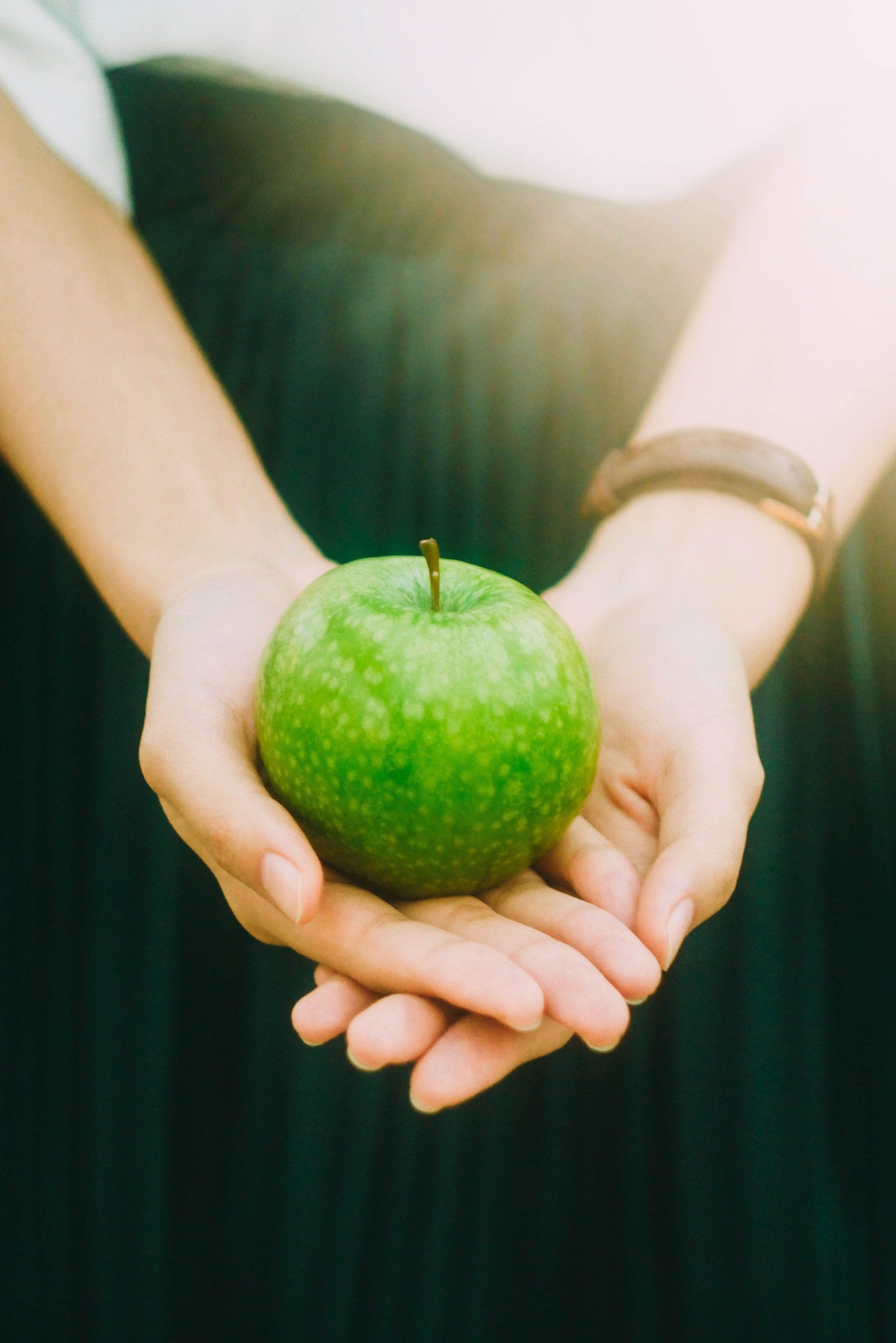Reduce Your Food Waste
Reduce Your Own Fruits and Vegetables Waste
Reassess Your Storage Spaces and Buy Less
The easiest thing is to buy less fruits and vegetables. If you end up throwing and wasting fresh foods regularly, start a diary to track how much and when you buy. You can also think about how much space in the fridge, in the ladder, on worktops you have to store different fruits and vegetables, and make sure you don’t buy too much.
Improve the Way You Store Your Foods
There are a few storage tricks and tips when it comes to fruits and vegetables, which might extend their life significantly. You would find guidelines and recommendations for fruits and vegetables in the end of the guide.
Compost Your Food Waste
Composting might be easier said than done. Be open minded about composting. At the moment there are many solutions, which make composting easy, pretty, and accessible.
Freeze and Ferment Excessive Fruits and Vegetables
If you have a surplus of fruits and vegetables, freezing and fermenting might be good options to explore.
How to Store Fruits and Vegetables
Fresh Herbs. Store in the fridge in a jar with water to prevent them from drying out. This might double or triple their life. When you have a surplus of fresh herbs, freeze them with oil into ice cubes to use for cooking. Or dry and create blends: hang downward and dry for 10 days, then mix with other herbs.
Berries. Wash fresh berries in a diluted vinegar bath (1 part vinegar for 3 parts water) to eliminate any bacteria. Drain and rinse under cool running water. Dry berries: lay paper towels in a bowl, place berries on top till they dry fully. Keep in the fridge in a special container with paper towels at the bottom. This would easily triple their life. If you have a surplus of berries, you can freeze them. Instead of putting washed berries in containers in the fridge, put berries in tightly sealed freeze bags in the freezer. Keep for 1 year.
Fruits and Avocado. Can be stored on the counter or in the fridge. If your fruits need to ripen, store them on the counter and move to the fridge once they’ve ripened. You can use the same storage technique as we did for berries for fruits with thin skin. Keep bananas, apples, avocados, and other fruits with thicker skin on the counter or in a box in a ladder, or any other dark place. Try and keep fruits separate from each other, as most of them release ethylene gas. Ethylene speeds up fruit ripening, and as a result might lead to shorter life of fruits. When stored correctly, fruits should last up to a couple of weeks. To freeze, follow the same technique as described for berries. It would work for most fruits. Of course, you will need to cut fruits and avocado before freezing.
Vegetables. Store in a ladder or another dark dry place. Make sure you store vegetables in a well-ventilated space, in separate boxes or bowls without plastic packaging, this would help to prevent moulding. When stored correctly, vegetables might last up to a month. As with fruits and berries, you can freeze surplus vegetables and use them in soups, stews, and other dishes later.
Salad Vegetables.
Store in the fridge, in special containers with paper towels to absorb any moisture. Salad vegetables last well for a week or two. You can try and ferment the surplus of salad vegetables, they don't freeze well.







